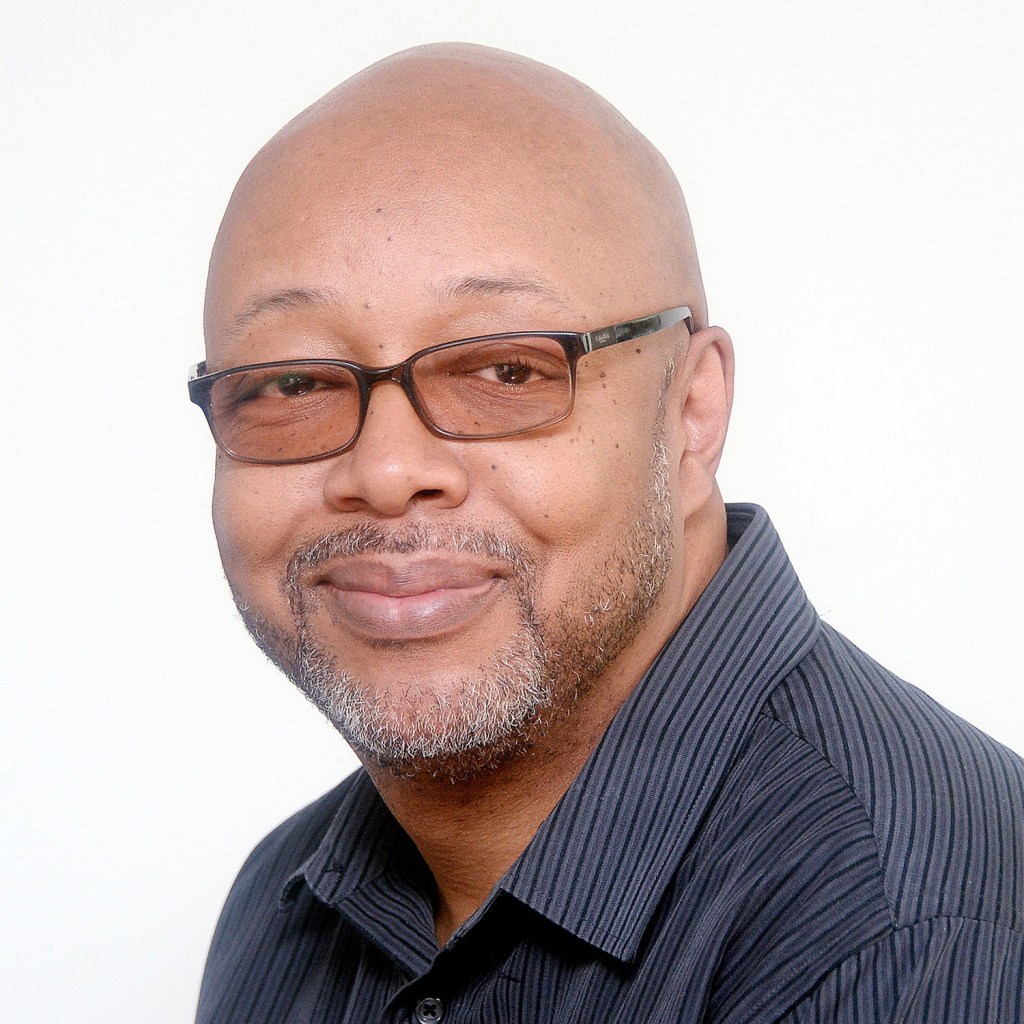Yes, Hitler.
Some of you questioned my evocation of history’s great villain in a recent column on House Speaker Paul Ryan’s surrender to presumptive Republican presidential nominee Donald Trump. I likened Ryan to Franz von Papen, a German politician who helped Adolf Hitler rise to power under the naïve delusion that he could control him.
A handful of Trump fans found that, as one put it, “a bit of a stretch.” One guy expressed his skepticism through the time-honored expedient of the triple punctuation mark: “Hitler???”
Yes, Hitler.
Not that their dubiousness is unreasonable. In recent years, Hitler and the Holocaust have popped up in political debate as routinely as dandelions on the lawn. One man said having to tack a “No Smoking” sign on his building was like being a Jew forced to wear a yellow star; another claimed that popular anger over the excesses of the rich was reminiscent of Kristallnacht.
Almost by definition, Hitler and Holocaust comparisons trivialize that era and reveal the ignorant insensitivity of those who make them. But the key word there is, almost.
Because, for the record, I’m not the only one who sees the shadow of Germany in the 1930s over America in the 2010s. Once again, a clownish demagogue bestrides the political landscape, demonizing vulnerable peoples, bullying opponents, encouraging violence, offering simplistic, strongman solutions to difficult and complex problems, and men and women who bear more moral authority on this subject than I ever could see something chilling and familiar in him.
“I don’t want to make any comparison to Hitler, but believe it or not his delivery and the way he conducts himself is very similar to Hitler’s way of doing things. He discredits everybody who disagrees with him. He’s insulting. He discriminates against everybody.” So says Martin Weiss. He’s a survivor of Auschwitz.
“It is repeating itself and it is again the inattention that people pay to real cues that one should understand. … I think one has to speak up. And that’s the one lesson from the Holocaust. Do not be a bystander.” So says Margit Meissner, who fled occupied France on foot through the Pyrenees. Like Weiss, she spoke in January to Washington Post columnist Dana Milbank.
Then there is Eva Schloss, who in January said of Trump, “I think he is acting like another Hitler … .” Schloss, who spoke to Newsweek, was the stepsister of Anne Frank.
No, I don’t predict a new Holocaust if Trump bamboozles America into electing him. But some new calamity, inconceivable to us now, but repulsive to the values we claim to hold dear, does seem certain. And that raises a question: If one should never be too quick to make comparisons to Germany in the 1930s, is it not also important, on the rare occasions it is merited, to make sure one is not too slow?
One reason, after all, that no one saw Hitler for what he was is that people simply could not conceive of anything as preposterously monstrous as what eventually occurred. They took refuge in the assurance – the false assurance, as it turned out – that reason would eventually reassert itself.
The failure of imagination is often a component in tragedy. That’s why I’ve always declined to blame the Bush administration for 9/11. Before that, who could have conceived of fanatics using jetliners as missiles?
But afterward is another story. Once you have seen for yourself that the unthinkable is not, it moves from the arena of imagination to that of history. And then, you must use it to understand where we are and help chart where we should – and should not – be going. You can’t blame people who didn’t realize what Hitler was. They had never seen anything like him before.
You and I, however, have no such excuse.
Leonard Pitts Jr. is a columnist for The Miami Herald. He can be contacted at:
Send questions/comments to the editors.


